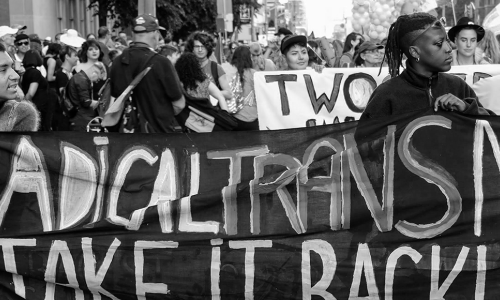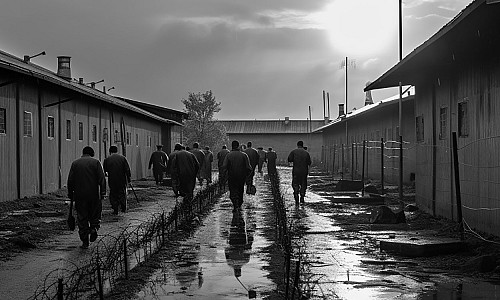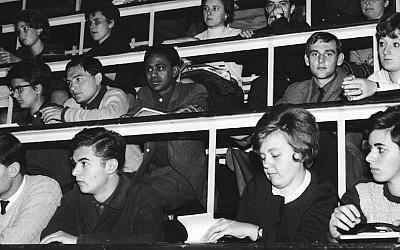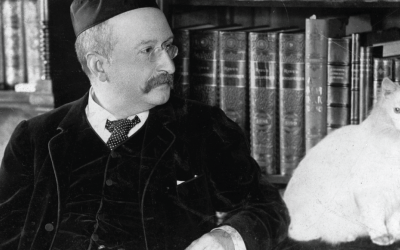Fabienne Peter asks whether a strong political leader is a good thing.
An ideal of strong leadership is resurfacing in the political domain. When Theresa May announced her plan to hold a snap election on 8th June 2017, she made it quite clear that her goal was to strengthen her leadership. Her announcement came while the world is watching Trump challenge democratic values and practices in the US, and immediately after Erdogan secured more power for himself in Turkey. Are there reasons to think that a strong political leader is a good thing?
We might have thought the ideal of strong leadership belongs to our political past. It is monarchies and dictatorships that depend for their survival on strong political leaders. Democracies, by contrast, depend on the citizens coming together as equals in a political decision-making process that combines public deliberation and individual voting. The political ideal of a democracy is ‘we the people’, not ‘I the leader’.
In today’s business world, the picture is interestingly different. Businesses, it is often argued, require strong leadership in order to flourish. Why is that? What reason do we have to think that having a strong leader is a good thing for a business? My explanation is that the principal goals a business should strive for are often clear: a business that does not aim to maximise its profit will go under and a business leader who cannot rally everyone behind this goal and negotiate good deals for the business will jeopardize its future. As long as the principal goals are clear, a strong leader is a necessary, but of course not sufficient, condition for the sustained success of the business.
Theresa May likes to echo such reasoning when she highlights the difficult negotiations that the UK faces with the EU over Brexit. She portrays this negotiation process as a bargaining process. And according to bargaining theory, the result you will obtain can only be as good as the bargaining power you hold. Strong leadership, on the picture she likes to evoke, is a necessary condition for the UK’s success in those negotiations.
Note, however, that this line of defence of the value of strong leadership is conditional on the goals themselves being good. It is not enough that the goals seem good to the leader; a leader’s goals must be good. In the business world as elsewhere, if a leader’s goals are not good, then strong leadership is not only not necessary for success; it becomes a detriment to the success of the collective the leader represents and the well-being of its members.
There can be no question that even in democratic societies, there are times when a democratic collective can benefit from rallying behind a strong political leader. When human rights are under threat, for example, a strong political leader who can fight for their protection or reinstatement is a good thing.
But the circumstances of the Brexit negotiations are different, contrary to the picture that May likes to evoke. The facts are complex, but they seem to suggest that the Brexit decision itself was not in the UK’s interest. Given that the UK is now committed to some form of Brexit, the tricky problem of figuring out what form Brexit should take is riddled with uncertainty.
While a case can be made for the value of strong leadership in circumstances where it is clear what goals the leader should aim to achieve, this case starts to dissolve in circumstances of uncertainty about what these goals should be. In circumstances of uncertainty, valid disagreements about how to best move forward are likely and they need to be heard. In contemporary politics this is, of course, the normal case. The best a political leader can do in those circumstances is to seek to identify the policy proposals that are least subject to valid disagreements and most likely to find support from different social groups. Those circumstances call for political representatives who respect democratic values, not ones who try to silence valid disagreements.
Fabienne Peter is a professor of philosophy at the University of Warwick. She works on moral and political philosophy and on social epistemology. She has published extensively on political legitimacy, including a monograph on Democratic Legitimacy (Routledge 2008). Read more on her website.
You might also like...















